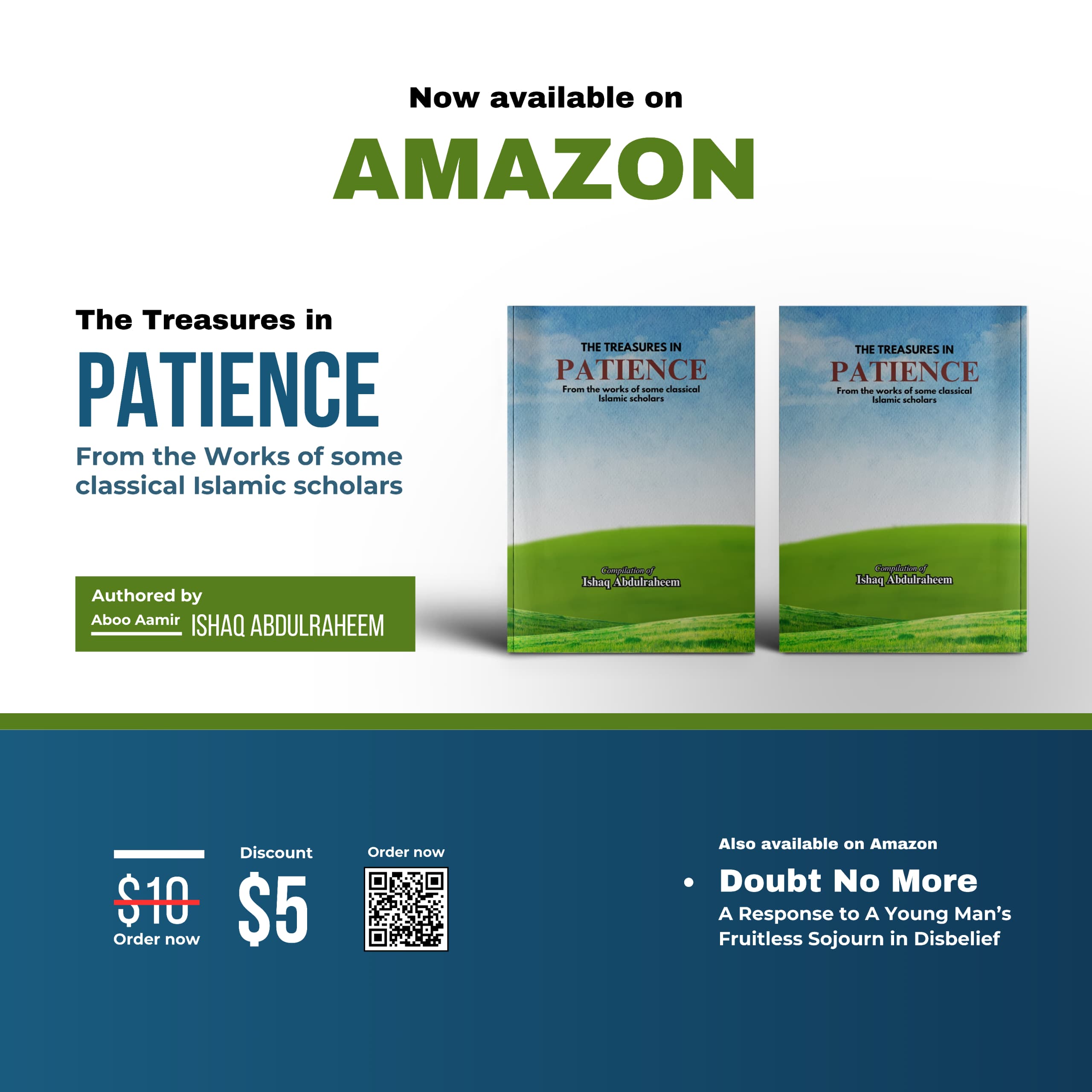The Backlash After al-ʿAqīdah al-Wāsiṭiyyah of Shaykh al-Islām Ibn Taymiyyah (رحمه الله)
Shaykh al-Islām Ibn Taymiyyah (d.1328CE) - rahimahullah - wrote in his Munāẓarat al-Wāsiṭiyyah, as found in Juzʾ al-Rābiʿ of Majmūʿ al-Fatāwā, that one of the Islamic judges of Wāsiṭ—a well-known city in Iraq—Radiyy al-Dīn al-Wāsiṭī, a scholar of the Shāfiʿī madhhab, approached him after Ḥajj one year and requested him to write a treatise on the correct beliefs of the Muslims. The judge wanted to use it to assist those back home in Wāsiṭ, as heretical beliefs were widespread in the city.
Shaykh al-Islām initially refused to comply with the request. He told the judge that there were already numerous works on ʿAqīdah written by the scholars. However, the judge insisted that he specifically wanted a treatise authored by Ibn Taymiyyah—perhaps to confirm the writings of past scholars through him.
Eventually, Shaykh al-Islām agreed and wrote the treatise entirely from memory. By the evening of that very day, copies of the treatise had already spread across Egypt—then the seat of power—and Iraq.
It was not long before the news reached Damascus, and Shaykh al-Islām was summoned to the palace of the Amīr. He was instructed to refrain from holding any gatherings to discuss the new work until further notice.
Later, the ruler of Egypt instructed the Amīr of Damascus to convene a debate between Shaykh al-Islām and the scholars regarding the treatise. The Amīr invited scholars from the various madhāhib to engage in the debate—pitting them against Ibn Taymiyyah alone.
The Heated Debate
The debate was intense. Shaykh al-Islām recalled:
"Our voices were raised over one another, and there was much disorderliness."
However, in the end, the Sunnah prevailed.
The debate spanned two days, with several sittings. Interestingly, the Amīr did not inform the participants (that including Ibn Taymiyyah) in advance about the nature of the discussion. They arrived unprepared, while Shaykh al-Islām was always ready. Thus, he was able to refute them convincingly.
Since his treatise was the subject of the debate, Ibn Taymiyyah had all his foundational proofs at hand.
They questioned him on why the Names of Allāh should be affirmed as they are, without taḥrīf (distortion), taʿṭīl (negation), takyīf (speculation about modality), or tamthīl (anthropomorphism). They also asked him about the distinction between taḥrīf and taʾwīl, which he explained comprehensively.
They attempted to accuse him of tashbīh (likening Allāh to creation) and tajsīm (attributing a bodily form to Allāh), but he rejected these allegations.
They delved into the issue of Allāh’s Speech and Voice, and he provided a clear and detailed explanation.
He even tried to exonerate Abū al-Ḥasan al-Ashʿarī, stating that he had repented from his earlier errors. However, his opponents refused to accept this claim.
His explanation of the Qurʾān being the Uncreated Word of Allāh was also delivered splendidly.
When they found themselves cornered, they asked him whether he had declared takfīr on them. He responded that did not and that they were still excused.
The Second Day: A Renewed Attempt
On the second day, they returned better prepared, bringing forth their most knowledgeable scholars. Yet, they were still unable to refute him.
Shaykh al-Islām reminded them of the importance of uniting upon the ʿAqīdah of the Salaf, cautioning that later theological innovations would only continue to divide the Ummah.
When they could not overpower him, they tried to challenge the authenticity of some aḥādīth he cited in the treatise. For example, they questioned the ḥadīth of al-Aʿʿal, hadeeth of Al-Abbas bn Abdilmuttalib where it was stated that Abdullah bn Ameerah had no report from Al-Ahnaf, arguing that Al-Imaam Al-Bukhari said so in his Taarikh. However, Shaykh al-Islām skillfully refuted their objections with profound recourse to principles of hadeeth studies.
The Outcome
In the end, they had no choice but to acknowledge the depth of Ibn Taymiyyah’s knowledge. Even the Amīr expressed his joy and gratitude to Allāh for creating such a noble scholar at such a crucial time for the Ummah.
For more details, see Majmūʿ al-Fatāwā, vol. 2, pp. 187–212, al-ʿĀlamiyyah Edition (2022).
Gathered by Aboo Aamir Al-Atharee.

